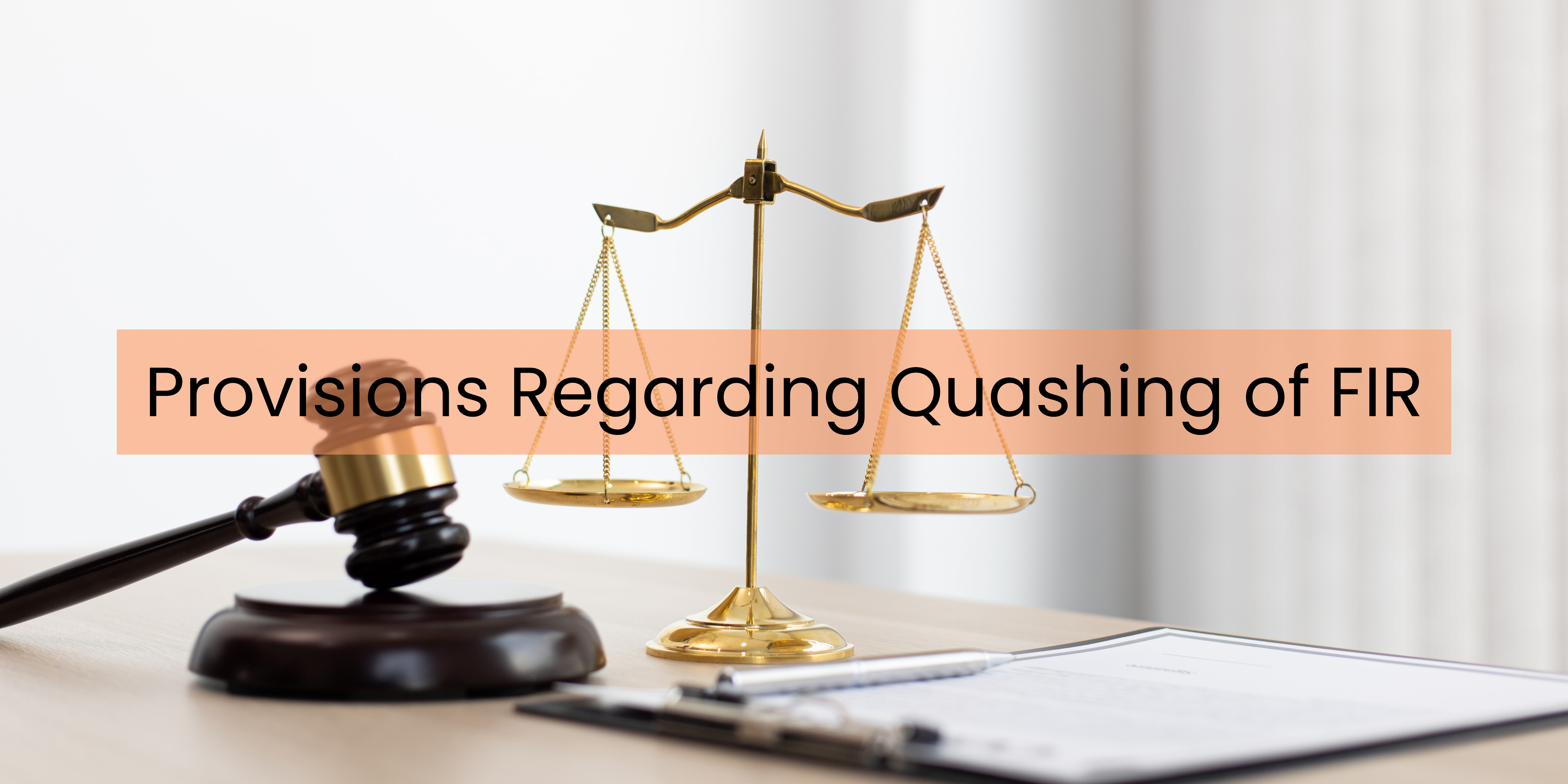- Introduction:
- What Changes Did the 2005 Amendment Bring to the Hindu Succession Act?
- What Constitutes Ancestral Property?
- Can Married Daughters Claim a Share in Ancestral Property?
- What About the Self-Acquired Property of the Father?
- How Does the Hindu Succession Act Impact Daughters in a Joint Family Property Scenario?
- Recent Supreme Court Judgments:
- Common Misconceptions:
- Conclusion:
- Frequently Asked Questions Regarding Rights of Daughters

Introduction:
In India, the legal landscape regarding property rights for married daughters has undergone significant transformations in recent years. The Hindu Succession Act of 1956, amended in 2005, has played a pivotal role in reshaping the rights of daughters in their father’s property. This article aims to provide a detailed and accessible guide for law students and beginner lawyers, addressing key aspects of these rights through a question-answer format.
What Changes Did the 2005 Amendment Bring to the Hindu Succession Act?
The 2005 amendment to the Hindu Succession Act marked a milestone by conferring equal rights to daughters, irrespective of their marital status. Before this amendment, only sons had coparcenary rights, meaning they could inherit ancestral property equally. The amendment removed this gender-based discrimination, ensuring that daughters, whether married or unmarried, enjoy equal rights.
What Constitutes Ancestral Property?
Ancestral property refers to property inherited up to four generations, and it includes both movable and immovable assets. It encompasses assets passed down from great-grandfathers to grandfathers, fathers, and, with the 2005 amendment, to daughters as well.
Can Married Daughters Claim a Share in Ancestral Property?
Yes, married daughters have an unequivocal right to claim a share in their father’s ancestral property. The amendment ensures that daughters have the same rights, liabilities, and disabilities as sons.
What About the Self-Acquired Property of the Father?
While ancestral property is subject to equal rights, self-acquired property is governed by the father’s discretion. If a father wishes to bequeath self-acquired property to his daughter, he can do so through a will or gift.
How Does the Hindu Succession Act Impact Daughters in a Joint Family Property Scenario?
In joint family scenarios, where several generations live together, daughters are entitled to a share in the joint family property. The coparcenary rights ensure that daughters have a legitimate claim in both ancestral and joint family property.
Recent Supreme Court Judgments:
Prakash & Ors. v. Phulavati & Ors. (2016):
In this landmark judgment, the Supreme Court clarified that the 2005 amendment is retrospective. It means that the rights conferred by the amendment are not only applicable to living daughters but also to those born before the amendment came into effect. This decision solidified the equal inheritance rights of daughters, even if the father passed away before 2005.
Danamma @ Suman Surpur & Anr. v. Amar & Ors. (2018):
The Supreme Court, in this case, emphasized that daughters’ rights in ancestral property are absolute, irrespective of whether the father was alive or not when the amendment came into effect. This ruling further reinforces the equal status of daughters in matters of inheritance.
Vineeta Sharma vs. Rakesh Sharma & Others (2020):
The Supreme Court ruled that daughters have coparcenary rights in their father’s property by birth, irrespective of whether their father died before the 2005 amendment.
Common Misconceptions:
- Daughters Need to Be Co-Parceners to Claim Rights:
Contrary to this misconception, the 2005 amendment ensures that daughters have rights by birth and do not need to be coparceners to claim a share in ancestral property.
- The Amendment Only Applies to Living Daughters:
As clarified by the Supreme Court in various judgments, the amendment applies retrospectively, extending to daughters born before the amendment came into effect.
Conclusion:
In conclusion, the legal rights of married daughters in their father’s property in India have evolved significantly with the 2005 amendment to the Hindu Succession Act. Understanding these rights is crucial for law students and beginner lawyers navigating family and inheritance law. Recent Supreme Court judgments have further strengthened the position of daughters in matters of inheritance, emphasizing the need for legal practitioners to stay updated on evolving jurisprudence. As India progresses towards a more equitable legal framework, it becomes imperative for legal professionals to champion the cause of gender justice and empower individuals with the knowledge of their rights.
Frequently Asked Questions Regarding Rights of Daughters
- What is the Hindu Succession Act, and how does it impact the property rights of married daughters in India?
A: The Hindu Succession Act is a legal framework governing the inheritance and succession of property among Hindus. The 2005 amendment to this act brought significant changes, granting equal rights to daughters, married or unmarried, in their father’s ancestral property.
- What is considered ancestral property, and how does it differ from self-acquired property?
A: Ancestral property includes assets inherited up to four generations, while self-acquired property is that which an individual acquires through their efforts and is not inherited. The rights of daughters in ancestral property are governed by the Hindu Succession Act, while self-acquired property is at the discretion of the father.
- Are the rights of daughters under the Hindu Succession Act applicable only to living daughters?
A: No, the rights conferred by the 2005 amendment are retrospective, applying not only to living daughters but also to those born before the amendment came into effect. Recent Supreme Court judgments have clarified and reinforced this aspect.
- Can a father disinherit a daughter from his property?
A: While a father has discretion over his self-acquired property, the Hindu Succession Act aims to provide equal rights to daughters in ancestral and joint family property. Disinheritance may be subject to legal scrutiny and depends on various factors, including the nature of the property and applicable laws.
- How can a married daughter claim her share in her father’s property in India?
A: To claim her share, a married daughter should first understand the nature of the property – whether ancestral, joint family or self-acquired. Consultation with a specialized lawyer is crucial for personalized guidance. The process may involve sending a legal notice, attempting mediation, and, if necessary, filing a lawsuit in the appropriate civil court. If successful, the court will issue a judgment, and the daughter’s rightful share in the property will be determined and enforced.
- Can a daughter claim maintenance from her parents under Indian law?
A: Yes, minor daughters have the right to claim maintenance from their parents till they attain Majority. Upon attaining majority, if the daughters are not able to maintain themselves, they can seek maintenance.

